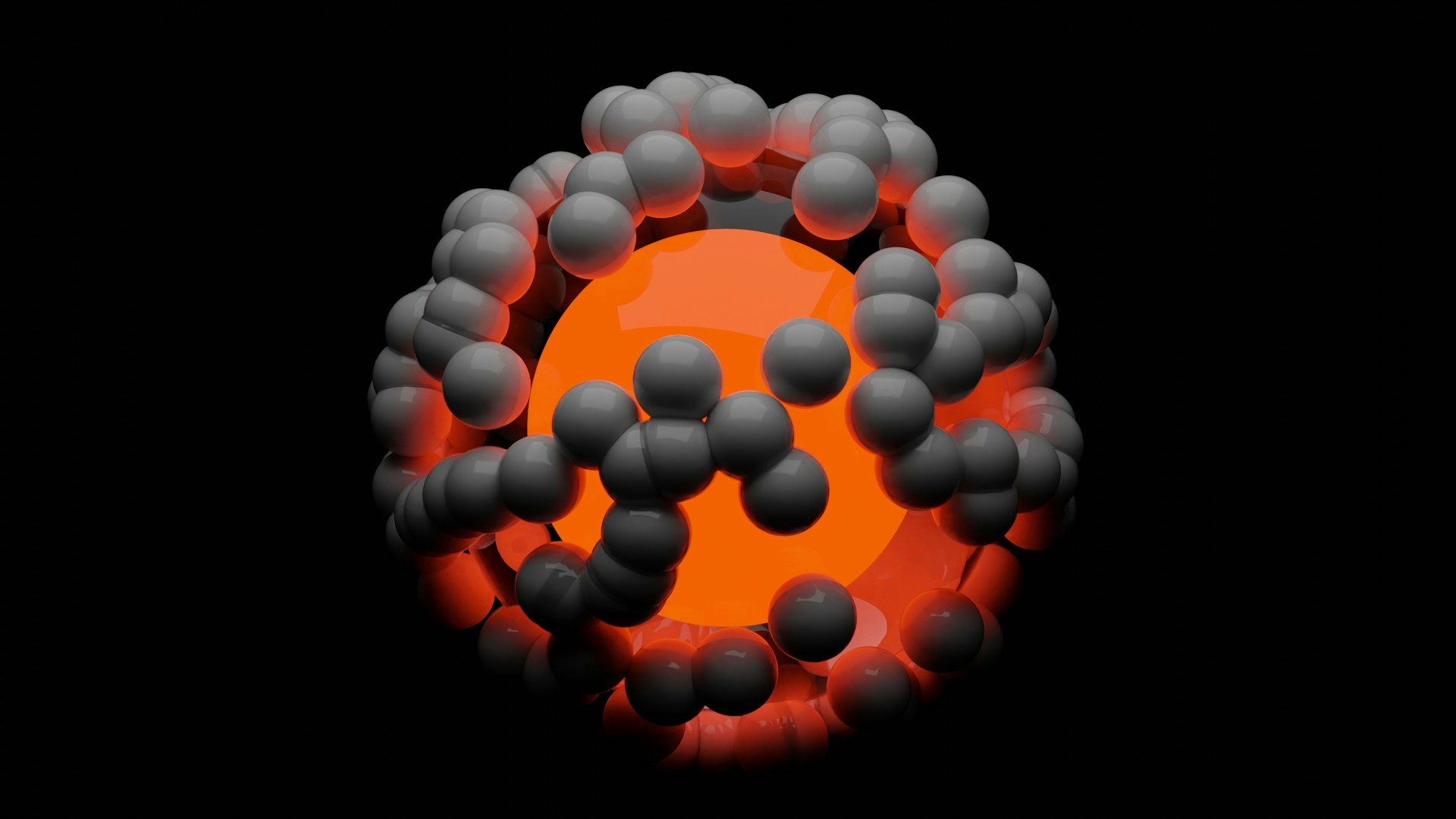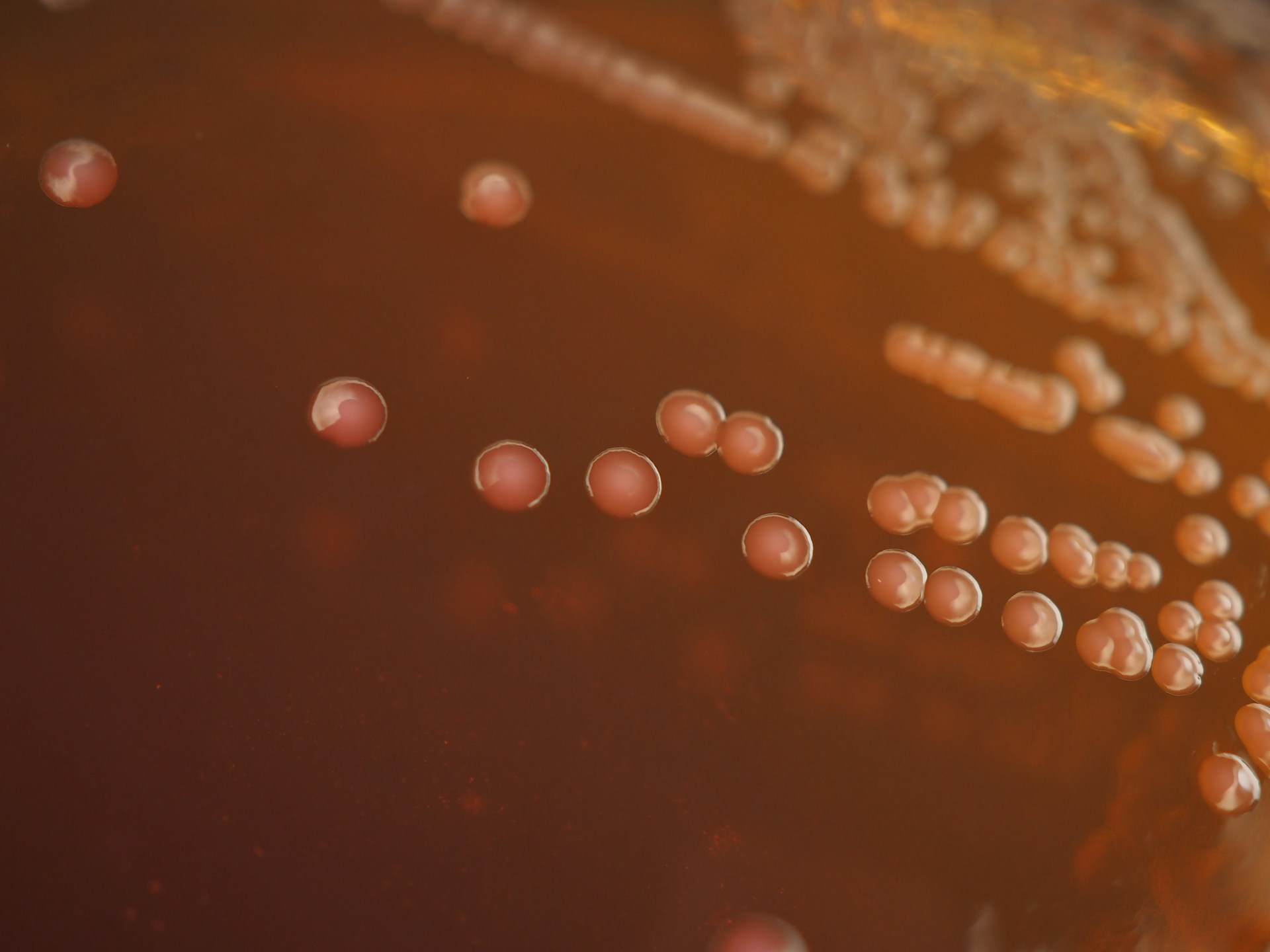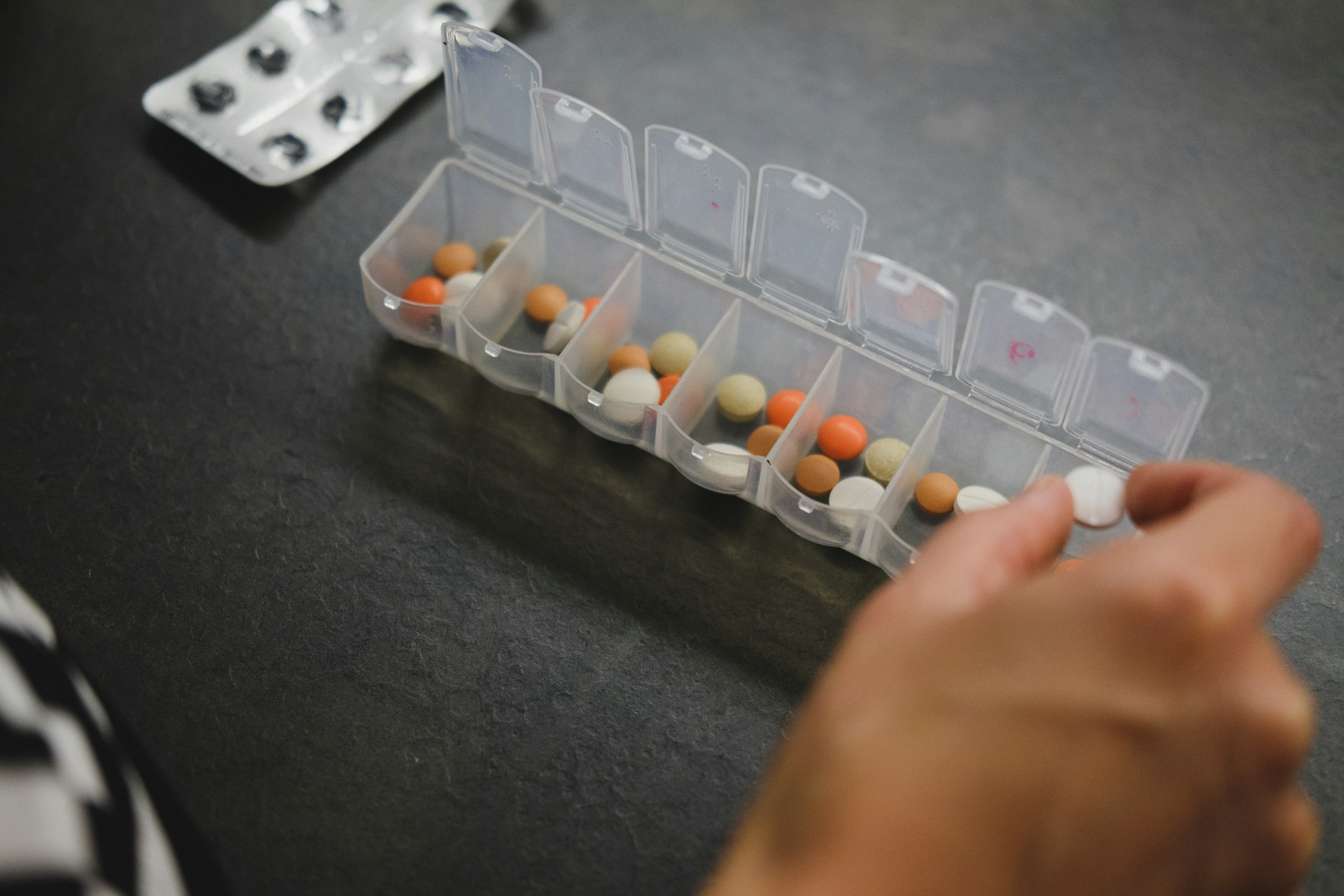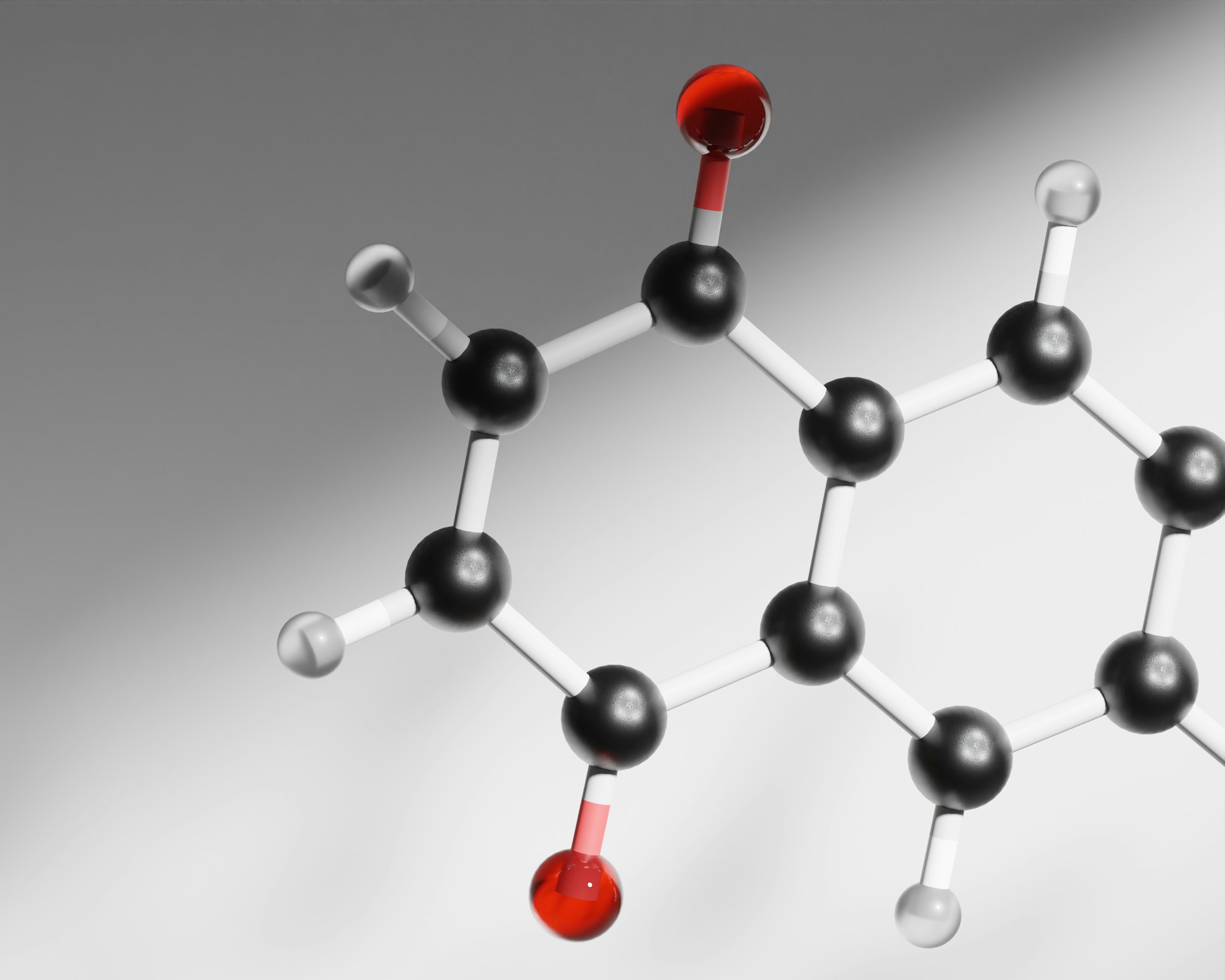Where would the modern world be without efficient, rechargeable sources of power?
The 2019 Nobel Prizes recognised transformative work to tackle this problem carried out in the Oxford Department of Chemistry. John Goodenough’s work in Oxford built upon the ideas of his co-recipient Whittingham, who had been amongst the first to use a material that intercalates Lithium ions. Intercalation is where ions occupy spaces between atoms in a material, and batteries that use this work by these ions flowing between the electrodes. Older systems work by chemical reactions that break down the electrodes, meaning Lithium-ion batteries can be recharged many more times and last longer. Goodenough proposed a Cobalt oxide cathode that produces double the potential of Whittingham’s battery. Using this template, the final awardee Yoshino created a battery that was safe enough to be sold commercially, supercharging the development of mobile devices and changing the world.
The Prize in Medicine also recognised work by an Oxford scientist – Sir Peter Ratcliffe, of the Nuffield Department of Medicine, along with William Kaelin and Gregg Semenza together breathed life into our understanding of how cells detect oxygen. They discovered that a gene that controls red blood cell production was affected by the presence of oxygen, leading to a better understanding of cell metabolism. These insights offer a fresh perspective on conditions such as anaemia, and new targets for researchers tackling cancer. James Peebles, Michel Mayor and Didier Queloz were awarded the prize in Physics this year for revolutionising understandings of the universe. Using the ancient first light of the universe, Peebles was able to craft theories which have provided structure for research into cosmology. Mayer and Queloz were given the award for being the first to discover an exoplanet, a planet outside of the solar system. Over 4000 more exoplanets have since been observed, offering the tantalising possibility of life away from Earth.





